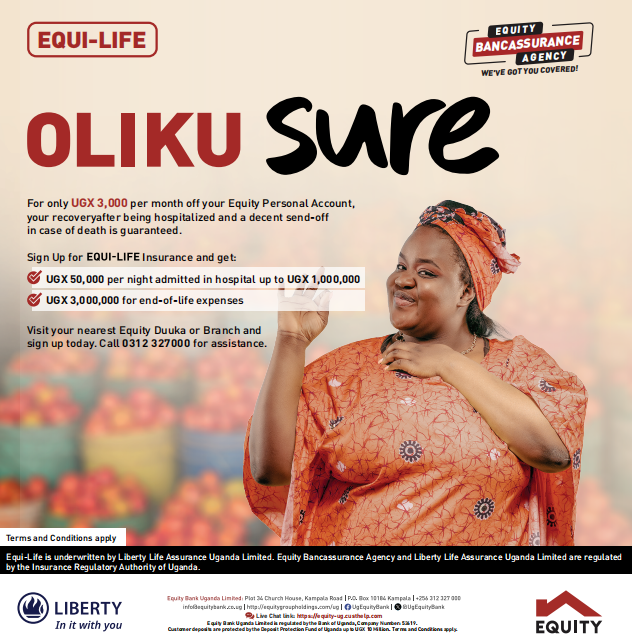Despite its pivotal role in Uganda’s economy, the informal sector remains largely outside the reach of tax authorities, posing a significant challenge to domestic revenue mobilization.
The sector, which contributes nearly half of the country’s GDP and employs over 60% of the workforce, continues to be a major source of income tax evasion.
Operators in this sector range from market vendors and boda-boda riders to roadside mechanics, tailors, welders, small-scale manufacturers, and food vendors.
While many earn incomes above the taxable threshold, most do not register their businesses, file tax returns, or maintain formal accounting records, making tax enforcement difficult.
Current data from the Uganda Revenue Authority (URA) shows that of the estimated 2.5 million economically active Ugandans, fewer than 700,000 are registered for tax purposes, and an even smaller fraction regularly file annual tax returns.
A 2021 study by the Economic Policy Research Centre revealed that more than 85% of informal businesses remain unregistered with URA, despite many earning above UGX 10 million per year, the entry point for income tax.
This non-compliance not only deprives the government of vital resources needed for infrastructure, healthcare, and education but also distorts the business environment. Registered businesses face stiff and unfair competition from informal traders who avoid tax obligations and, as a result, offer lower prices.
In towns like Mbarara, registered hardware businesses issuing VAT-compliant EFRIS receipts find themselves competing with unregistered traders operating from makeshift stalls. These traders, who do not remit any taxes, undercut market prices and discourage formalization among other microenterprises.
Tax investigators have encountered individuals managing informal fleets of taxis, owning multiple rental properties, or running extensive stock inventories, yet still unregistered or falsely claiming incomes below the tax threshold. Many of these individuals also avoid banking transactions, preferring to conduct business in cash to remain undetected.
In response, the URA has intensified the Taxpayer Register Expansion Programme (TREP), deploying mobile registration vans, digital tools, and partnerships with local authorities to identify and onboard new taxpayers. Local licensing data has become a key resource, allowing the authority to track non-compliant businesses within municipal boundaries.
The use of technology has also enhanced URA’s ability to estimate and monitor informal income. From analyzing mobile money transactions and integrating data from utility service providers to using satellite imagery to assess business premises, the authority is increasingly relying on non-traditional methods to widen the tax base.
Yet while enforcement is critical, URA acknowledges that easing compliance is equally important. Many informal operators cite a lack of tax knowledge, the complexity of filing requirements, and fear of penalties as reasons for staying outside the formal economy.
Simplified regimes such as the presumptive tax and the recently launched Small Business Taxpayer Office (SBTO) aim to bridge this gap, but broader outreach and education remain essential.
The push to formalize the informal economy is not a punitive exercise, officials emphasize, but a necessary step towards building a fairer and more sustainable tax system. As URA strengthens enforcement, it is also appealing to small businesses to meet their tax obligations voluntarily.
“Deliberate non-compliance is tax evasion,” a tax investigations officer noted. “And sooner or later, the law will catch up.”






















